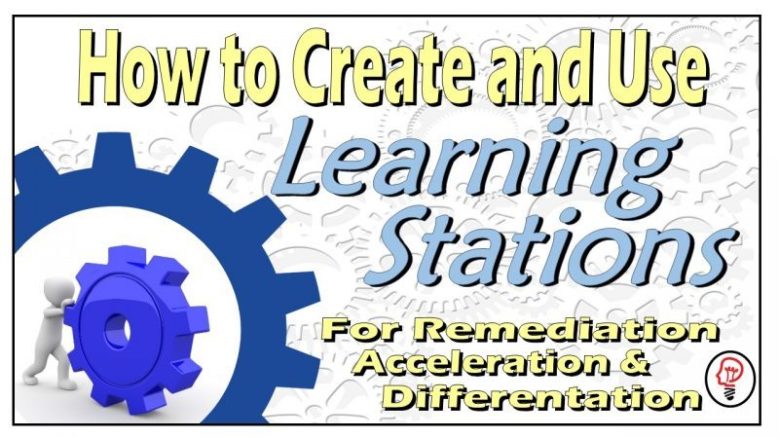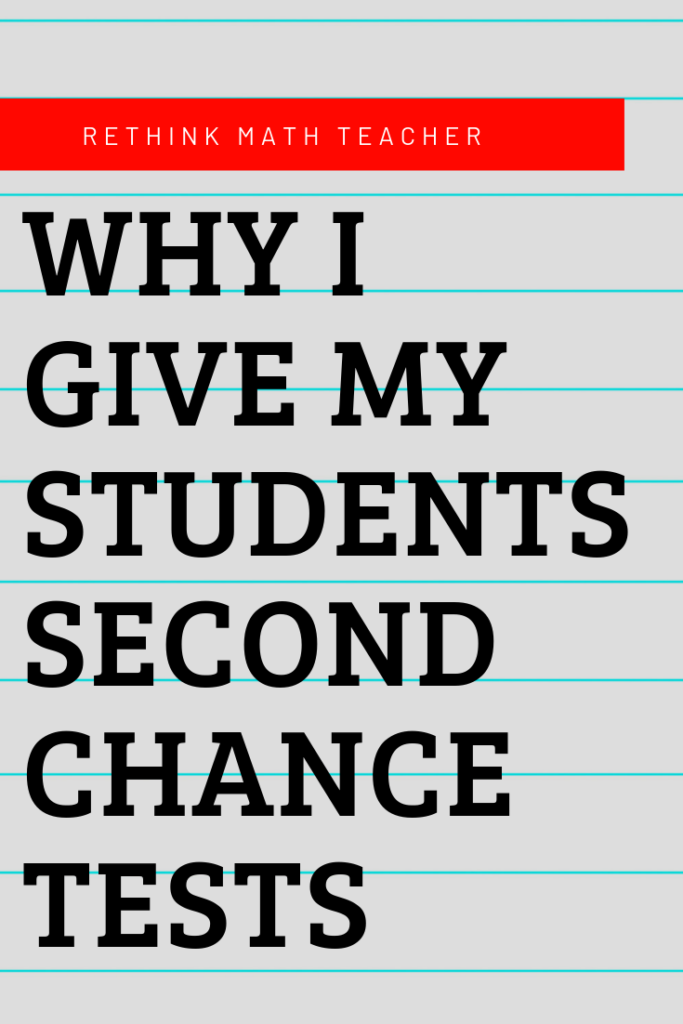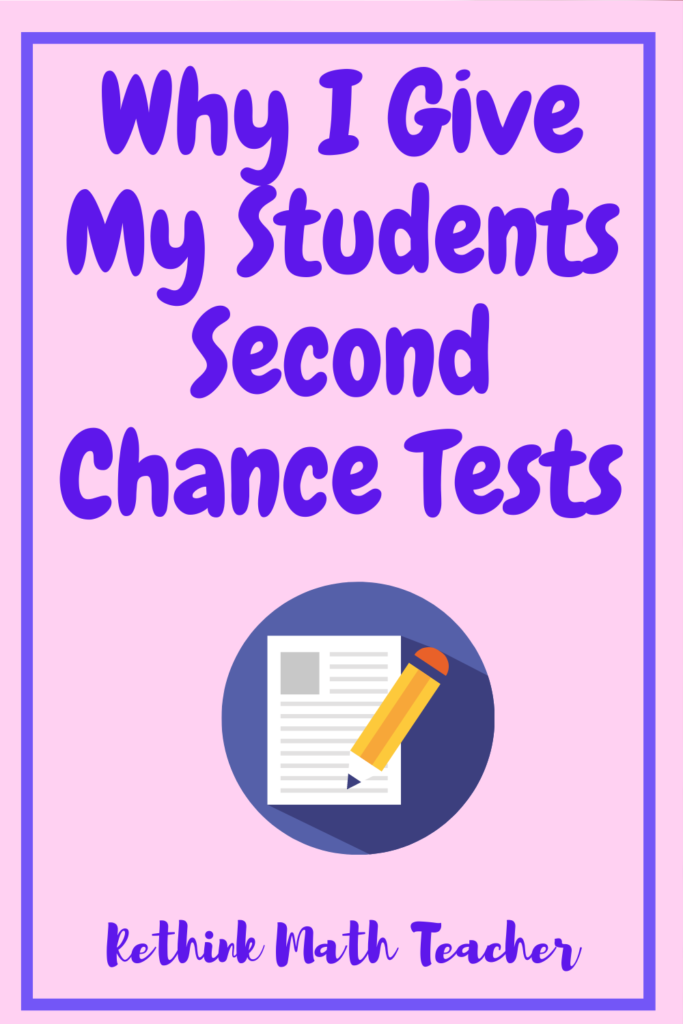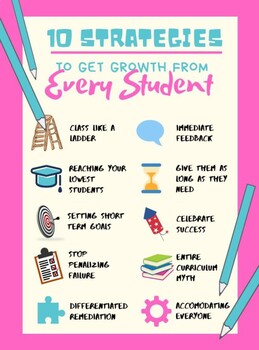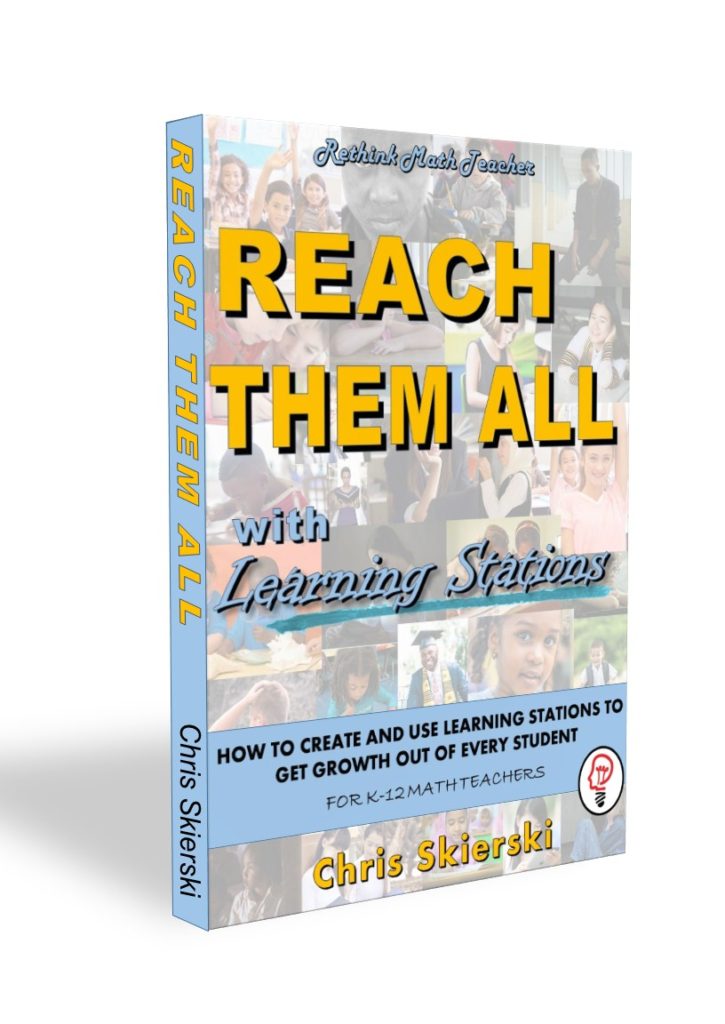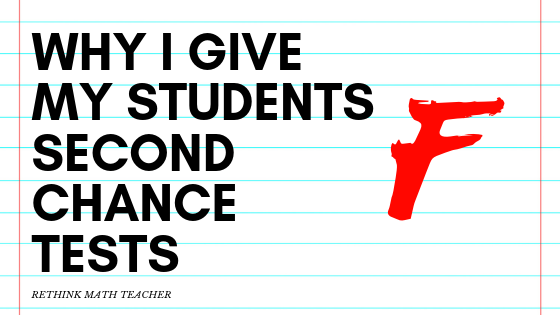
I recently taught my child how to ride a bike. I gave her quality instruction followed by a sufficient amount of practice time. Though she was struggling to find success, the allotted time to learn the skill has passed and I gave her the test. I pushed her down the road and watched, hoping that she would remember all I had taught her. Unfortunately, she did not. She fell down and skimmed her knee. So I labeled her a D student and began instruction on unicycles.
I MUST HAVE NO HEART
Hopefully, as you read the above story you thought that I was a ridiculous teacher, and perhaps a poor father. Why would I progress her to a more advanced skill when she hadn’t mastered the basic one? Why didn’t I remediate her? Give her more practice and help until she was able to ride a bike on her own?
But isn’t this exactly what we do when we teach math? We teach, give practice, assess, and then move on – regardless of the test results? Why are we advancing our students to more challenging concepts when they have demonstrated that they aren’t ready?
WHAT I DO
When a student does not pass an assessment in my class, I remediate that skill for the student. So I provide them with a reteach, since we all learn by being taught, and then I give them more practice with instant feedback since we grasp a concept after we have practiced it correctly, repeatedly.
After they have gone through their reteach and practice, I again assess them – with a makeup test. This test score replaces the previous test score. And if they still don’t demonstrate mastery, I again remediate them.
Why am I providing second chances?
This concept of giving students multiple chances to demonstrate mastery is often met by resistance from many of my teaching colleagues. They contend that I am not keeping the students accountable, or that I am rewarding them for not learning the material.
Ken O’Conner’s book: How to Grade for Learning: Linking Grades to Standards, recommends the same.
Different Learners
First, I would like to contend that not all of us learn the same way or at the same pace. I believe that we are all ‘naturals’ at certain concepts or skills, and not ‘naturals’ at others. For example, you may know students who are naturally athletic, artistic, or musical and can perform complicated tasks with little instruction or practice. Other people are not naturals in these departments and require much more practice and much more time to master the concepts. However, those same students who quickly master one of those skills may not be a natural in the math classroom, and require more time and practice than most.
I am a natural when it comes to grasping math concepts; I imagine that most math teachers are. However, I am not naturally gifted musically – I don’t have the ear for it and certain rhythmic patterns give me difficulty on various instruments. I imagine that there are certain tasks that you struggle to quickly grasp as well. This does not make us dumb; it means that we need additional time and practice repetitions before we can master the concepts being taught.
While we all agree with the above statements, we often don’t reflect this in our instructional delivery. Instead, we deliver the same content to all of our students at the same time, giving them all the same amount of practice before assessing them. But some of our students need more time to master the same concepts. Providing retakes gives those students the opportunity to get that extra time needed to master the concept.
The purpose of an assessment
The purpose of your test is to measure whether or not the student has mastered the concept. If the assessment is showing that the student has not mastered the concept, we need to serve that student by helping him master it – not penalize him by progressing him to the next standard, especially if the first skill was foundational to the second.
Imagine if you were teaching a student to ski or snowboard. You would first take them to the bunny slopes to learn how to stand up, balance, turn, and (most importantly) stop. If your student could not do these basic competencies, how much sense would it make to take him down a more challenging course?
What’s your goal?
Is your goal for your students to master the material? Or is it something else, like getting through the entire curriculum or covering all the concepts in the textbook in one year? If your goal is for all your students to make academic growth, and for them to master as much of the curriculum as possible, how is progressing them to another standard, though they haven’t mastered the standard that they were working on, help you accomplish that goal?
What’s Fair?
Fairness is NOT treating everyone the same. The three-point line on a basketball court is not the same distance in high school as it is in the NBA. In the same way, I don’t expect my three-year-old child to have the same vocabulary as my high school students, or as my wife. We treat different people differently in all areas of life to accommodate for their age, development, size, or ability. The same should be true in your classroom.
Fairness is not being treated the same, it’s having the same opportunities to succeed. If you have a student who is academically behind where his peers are, how fair is it to give them the same assessment? Or to give them the same amount of time to master the content being presented?
Instead, give everyone ample opportunities to find success. That may mean different academic targets, mastering different concepts, or having different amounts of time to demonstrate proficiency.

How can I Allow some Students to Retake the Test, while Others Move on?
This is a fair question. If you’re teaching your entire class standard 1, and half the class passes the assessment and the other doesn’t, how can you progress half (to standard 2) while retaining the other half (on standard 1)? And what do you do when half of each group passes their new assessment? So half of group 1 stays on standard 1 a third time, while the other half joins half of group 2 on standard 2, and half of group 2 passes standard 2 so now they’re on standard 3!?!?!
It quickly can get confusing, and everyone is spread out!
The answer is differentiated instruction. You have to address each student where they are.
Enter Skills-Based Learning Stations
To accomplish this in my math class, I build a Learning Station for the different skills that we are working on. Inside of each Learning Station, which is focused on one skill, is a tutorial component (so the student can relearn how to do the work), and lots of practice with immediate feedback.
By building a station for each skill I can differentiate my instruction so that I can reach every student’s needs.
Now, if a student doesn’t pass standard 1, he is put in that learning station to work on it. All the other students are working on a skill, inside a learning station, at the same time. So his need for more time and practice doesn’t hinder anyone else from moving on. And he can stay in that station as long as he needs.
What about you?
- Are you punishing students for needing more time than most to master a skill?
- Are you focused on student growth or on pacing?
- Is your whole group instruction penalizing students who need more support, and slowing down students who are ready to move on?
Want to learn more about skills-based learning stations?
Want to get started using learning stations? I have three resources to help you get started: a free cheat sheet, a book, and an online course.
Learn more about all three by clicking here.
